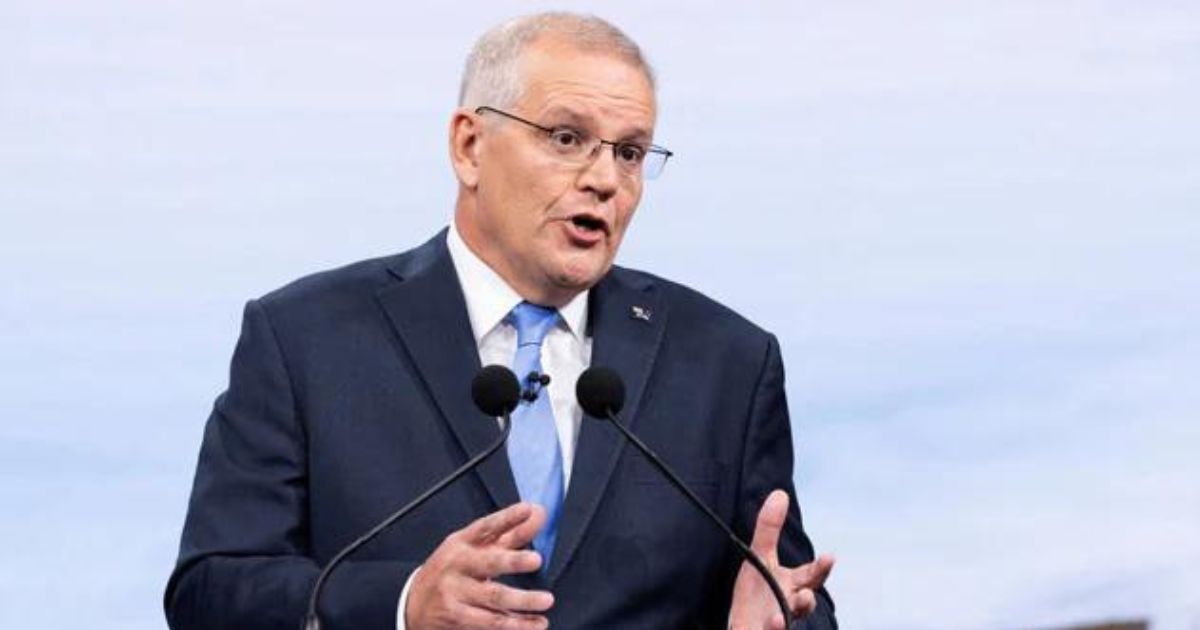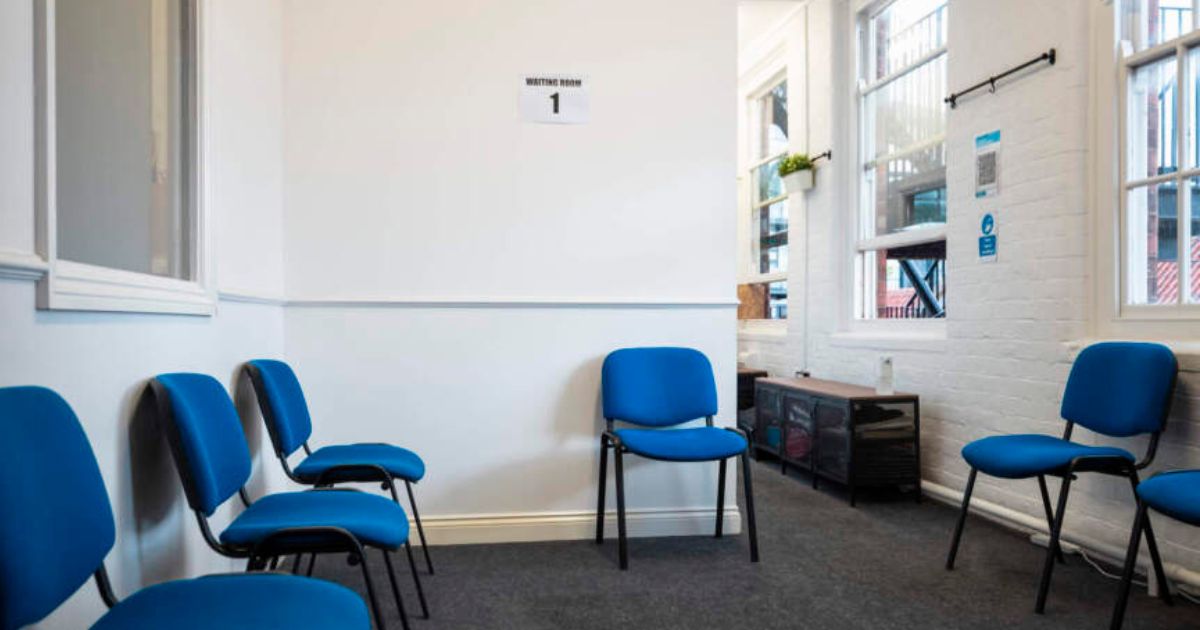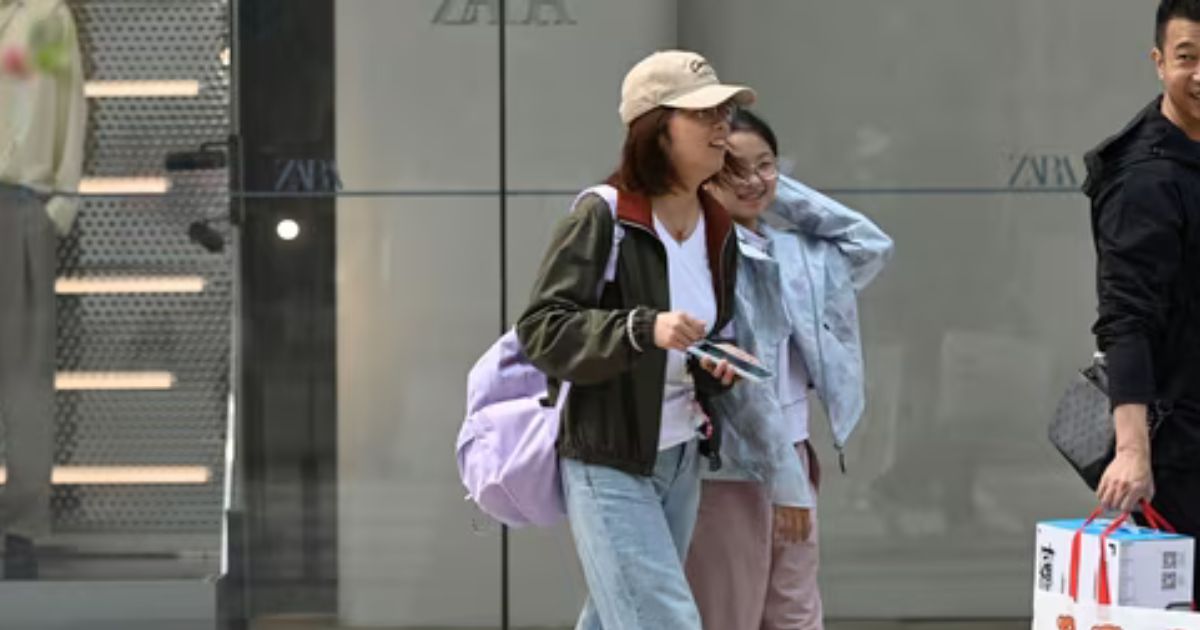In a bid to support the mental health of Utah’s agricultural community, the Ag Stress Assistance Program (ASAP) was launched in March 2023.
Spearheaded by the Utah Department of Agriculture and Food (UDAF) and Utah State University (USU) Extension Ag Wellness, the program provided behavioral healthcare vouchers to farmers and ranchers, offering crucial support during challenging times.
However, recent funding shortages have cast a shadow over the mental wellness program for farmers, raising concerns about the well-being of those it serves.
Since its inception, the ASAP voucher program has been a lifeline for many in Utah’s agriculture industry. Eligible farmers and ranchers were able to apply for free behavioral and mental health vouchers valued at up to $2,000, thanks to $280,000 in federal grant funding secured by UDAF.
This initiative aimed to address the unique stressors and challenges faced by individuals working in agriculture, offering them access to much-needed support services.
Bailee Woolstenhulme, UDAF Public Information Officer, noted that the vouchers were in high demand and were utilized more quickly than anticipated. The grant funding, which initially seemed sufficient, ran out by December 2023, leaving many farmers without access to essential mental health resources.
Woolstenhulme expressed both gratitude for the program’s utilization and disappointment over the depletion of funds, highlighting the critical need for continued support in the agricultural community.
Josh Dallin, associate professor and director of USU’s Bastian Agricultural Center, emphasized the significant impact of the voucher program on farmers’ lives. Data from his office revealed that approximately 250 farmers and producers had utilized the vouchers, resulting in over 1,600 doctor appointments.
Dallin underscored the positive outcomes experienced by those who sought help through the program, emphasizing its importance in addressing mental health challenges within the agricultural sector.
Despite the program’s success, the depletion of funding has raised concerns about its sustainability. Dallin expressed apprehension about the lack of clarity regarding future funding sources, highlighting the urgency of finding alternative financial support.
Collaborating with UDAF, Dallin’s office is actively exploring various avenues, including public donations, grant opportunities, and state funding options, to ensure the program’s continuation.
Mental Wellness Program for Farmers
In the interim, USU Extension Ag Wellness is promoting free resources available to individuals in need of mental health support. While these resources offer valuable assistance, they may not fully meet the growing demand for mental wellness services within the agricultural community.
The uncertainty surrounding the future of the ASAP voucher program underscores the broader issue of mental health care accessibility in rural and agricultural communities. Farmers and ranchers face unique stressors related to their livelihoods, making access to specialized mental health services essential for their well-being.
As discussions continue regarding the program’s funding, stakeholders emphasize the importance of prioritizing mental health support for those who play a vital role in sustaining Utah’s agricultural industry.
In conclusion, the funding shortage facing the ASAP voucher program highlights the critical need for sustained investment in mental health initiatives for farmers and ranchers.
With ongoing efforts to secure additional funding, stakeholders remain committed to ensuring that individuals in Utah’s agricultural community have access to the support they need to thrive.








Leave a Reply
You must be logged in to post a comment.